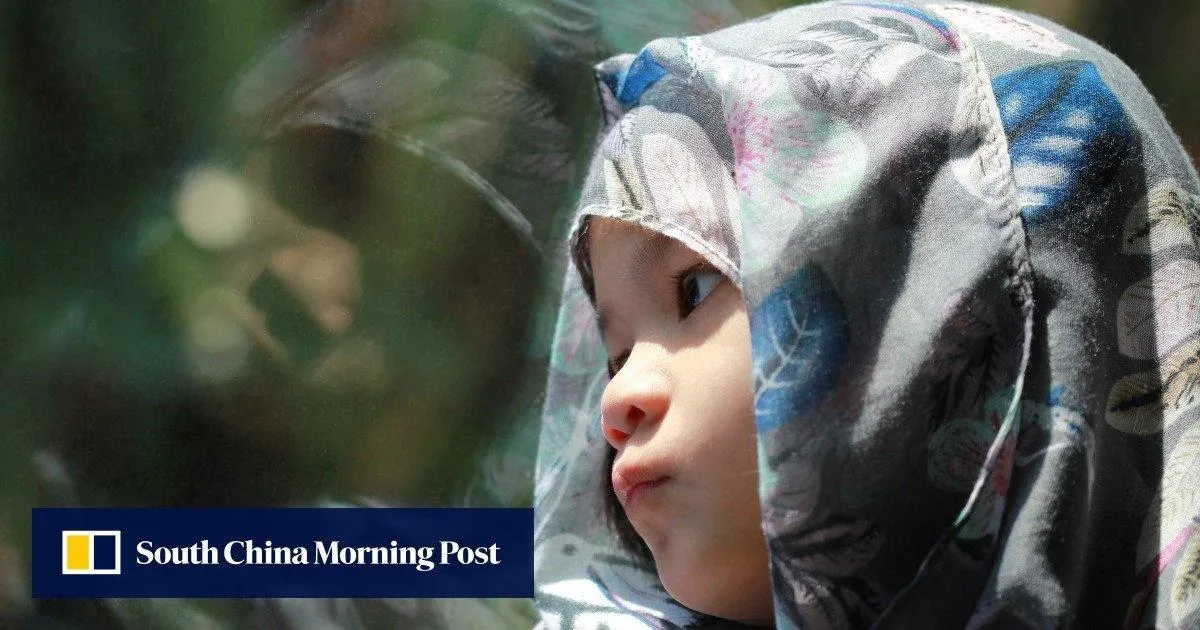Why female genital mutilation persists in Singapore
Female genital mutilation is considered a violation of human rights by the UN, and is illegal in many countries. The procedure still happens in Singapore, where an estimated 60 per cent of Malay women have been cut.

-
Considered a violation of human rights by the UN, female genital mutilation is illegal in many countries
-
The practice continues in Singapore, and about 60 per cent of Malay women have been cut
Female genital mutilation continues in Singapore. It is regarded as a necessary religious rite by some and a violation of human rights by others. Photo: Getty ImagesFemale genital mutilation continues in Singapore. It is regarded as a necessary religious rite by some and a violation of human rights by others.
Photo: Getty Images
Female genital mutilation continues in Singapore. It is regarded as a necessary religious rite by some and a violation of human rights by others.
Rizman used to regard female genital mutilation as something that simply “had to be done”. His sister was cut when she was a child, and even though he didn’t see it he remembers his parents talking about it and taking her to a clinic for the procedure.
When his daughter was born, his parents and in-laws asked him and his wife when they would send her for sunat – a general Malay term for female genital mutilation, sometimes called female circumcision.
“We figured that it’s something that’s required as part of the religion, and when she was two or three months old, we got it done,” explains Rizman, a 34-year-old media professional who prefers not to use his real name.

